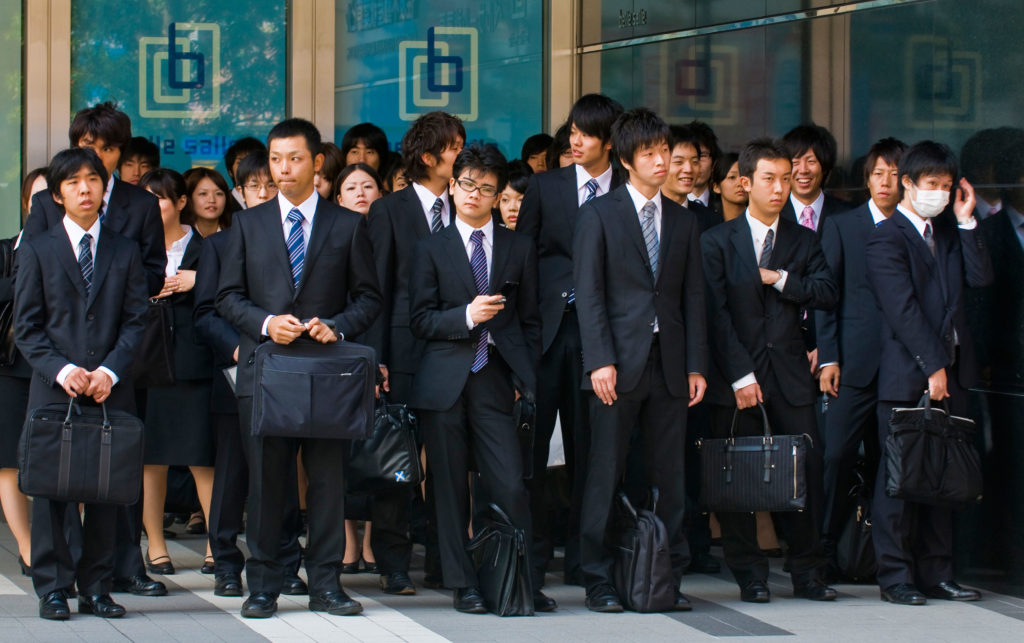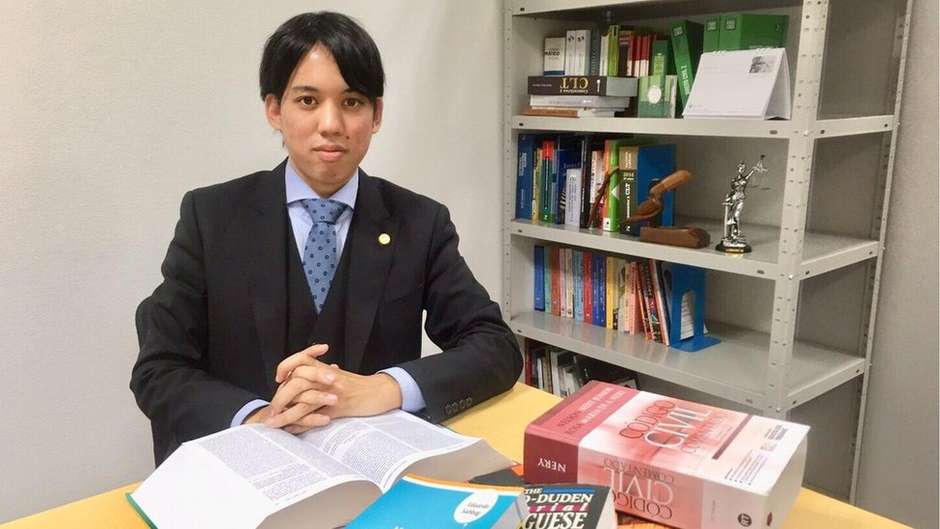By Newsfeed/BBC News Brasil
RIO DE JANEIRO, BRAZIL – Renan Eiji Teruya, 27, is the first Brazilian to pass the Japanese Bar Association exam. He took the test in 2016, when there were 6,899 candidates, and was one of the 1,583 who passed. And on the first try. “I’ve never studied so hard in my life,” he recalls, writes BBC News Brasil in its latest report.

There is an increase in Brazilian immigrants to Japan who are beginning to achieve positions inaccessible to their parents, almost three decades after starting their migration to the Asian country. Today, they make their mark as teachers, artists, and corporate executives.
Officially, Japan does not employ immigrants. But in 1990, the country changed the law to be able to take on skilled labor made up of Japanese descendants through third generation and offered them permanent residence visas.
They’ve always had their image associated with the factory jumpsuit. And although they are considered immigrants, they are still foreigners and are under no obligation to enroll their children in school.
When their children can work in occupations that are also targeted by the Japanese, they end up arousing the interest of the local press, because it is as if they were following an unnatural path to their destination. They draw the attention of the Japanese for unparalleled conquests.
Renan Eiji is the first Brazilian to obtain a license to practice law in Japan. To rise professionally, he says he had to work twice as hard as the Japanese.
Japan’s Ministry of Justice has estimated that 2.5 million foreigners live in Japan, of which 196,781 are from Brazil. Of this total, over 20 percent are youths up to the age of 18. Even as young as they are, many find themselves working in factories, like their parents. Others have also decided to follow academic life and take other professional paths.

Like Renan, many of them enrolled in Japanese schools with little or no knowledge of the language. In Japan, the child is always enrolled in their age group. The older the newcomer learner is, the greater the difficulties they will face.
However, despite their long stay in Japan, many Brazilians have made little progress in learning the language, remaining confined to the circle of friends with whom they only communicate in Portuguese.
A survey conducted by the Ministry of Education of Japan in 2017 identified 34,334 foreign students and 9,612 Japanese (from international families or growing up abroad) who needed special assistance at school due to difficulties in communicating and understanding the Japanese language. Among the foreigners, 25.6 percent were native Portuguese-speaking children.
The young lawyer says that the language barrier prevents foreigners from exercising their rights, which is why studying the local language is crucial, no matter how difficult it may be.
(Source: BBC News Brasil)

